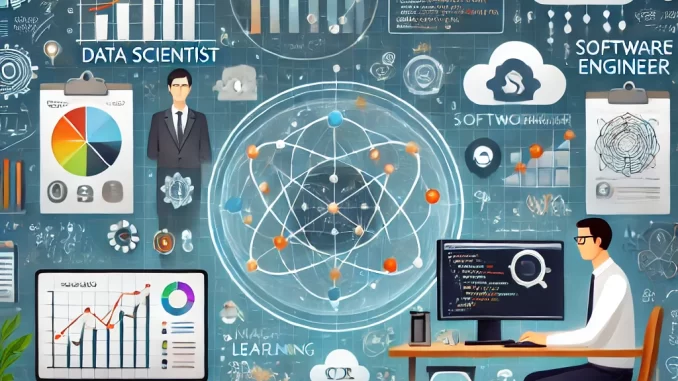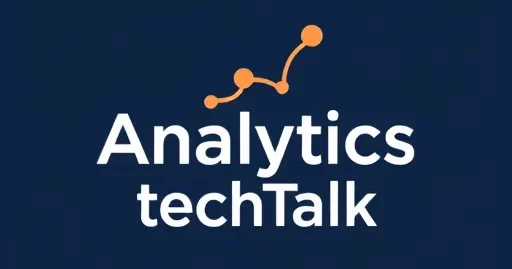
Skills a Data Scientist Must Have
In the modern tech-driven world, data scientists and software engineers often collaborate to build robust systems. While their roles sometimes overlap, data scientists possess a unique set of skills that distinguish them from software engineers. These specialized abilities cater to the data-intensive challenges they tackle daily. Let’s dive into the unique skills a data scientist must have, but a software engineer typically does not.
1. Advanced Statistical Knowledge
A cornerstone of data science is the ability to interpret, analyze, and model data. Data scientists excel in:
- Hypothesis Testing: Evaluating the significance of data patterns and determining relationships.
- Statistical Modeling: Using techniques like regression, ANOVA, and time series analysis.
- Probability: Understanding distributions, confidence intervals, and Bayesian approaches.
While software engineers might occasionally use basic statistics, their focus leans more on building applications rather than statistical inference.
2. Data Wrangling and Exploration
Data in the real world is messy. Data scientists must have the expertise to clean, preprocess, and transform raw data into an analyzable format. This involves:
- Handling missing data.
- Removing outliers.
- Normalizing and scaling data.
Software engineers typically work with cleaner data sources and structured formats, making extensive data wrangling less of a priority for them.
3. Domain Knowledge
Data scientists often work closely with domain experts to derive insights that are actionable and relevant. For instance:
- In healthcare, they interpret patterns from patient records.
- In finance, they model credit risk or detect fraudulent activities.
While software engineers build the infrastructure and tools for such domains, they are less involved in applying domain knowledge to draw data-driven conclusions.
4. Machine Learning Expertise
Data scientists are often the go-to professionals for developing machine learning models. Their expertise includes:
- Supervised and Unsupervised Learning: From classification to clustering, these methods help make predictions and uncover hidden patterns.
- Model Tuning: Optimizing hyperparameters to improve accuracy.
- Algorithm Selection: Understanding when to use decision trees, neural networks, or ensemble models.
Software engineers might implement machine learning models but usually rely on prebuilt libraries and APIs without deep involvement in the underlying algorithms.
5. Storytelling with Data Visualization
Communicating insights effectively is a critical skill for data scientists. They must:
- Use tools like Tableau, Power BI, or matplotlib to craft compelling visuals.
- Create dashboards and presentations that translate data insights into actionable business strategies.
- Balance simplicity and depth to cater to both technical and non-technical audiences.
Software engineers focus more on functional design and less on turning data into stories.
6. Data-Driven Decision Making
Data scientists guide decisions by answering questions like:
- What do the trends suggest?
- How can we forecast future outcomes?
- What actions will yield the best ROI?
Their work demands critical thinking and the ability to question assumptions—a skill set software engineers don’t rely on as heavily.
7. Big Data and Distributed Computing Skills
Handling large-scale data requires specialized knowledge of tools like:
- Hadoop and Spark for distributed computing.
- NoSQL databases for unstructured data.
- Advanced querying techniques to extract insights from massive datasets.
Software engineers often focus more on the software architecture supporting these systems than on analyzing the data itself.
8. Ethics and Bias Mitigation
Data scientists must ensure their models and analyses are fair, unbiased, and ethically sound. This involves:
- Evaluating training data for inherent biases.
- Ensuring algorithms do not perpetuate inequality.
- Maintaining transparency in decision-making processes.
While software engineers address ethical concerns in system design, data scientists deal directly with how these concerns manifest in data usage and interpretation.
Bridging the Gap
Despite these differences, there is significant overlap between data scientists and software engineers. Skills like programming (Python, SQL, Java), problem-solving, and collaboration are vital in both fields. However, data scientists bring a unique perspective rooted in analysis, insight extraction, and decision-making, enabling them to unlock the full potential of data.
As businesses increasingly rely on data-driven strategies, the demand for data scientists with these specialized skills will continue to grow. Understanding the nuances of this role can help aspiring professionals carve out their path in this exciting domain.
Conclusion
The skills that set data scientists apart are not just technical but also analytical, strategic, and communicative. They thrive at the intersection of statistics, machine learning, and domain expertise, making them indispensable in solving complex data challenges. If you’re looking to enter this field, focus on cultivating these unique skills to truly shine as a data scientist!

Leave a Reply